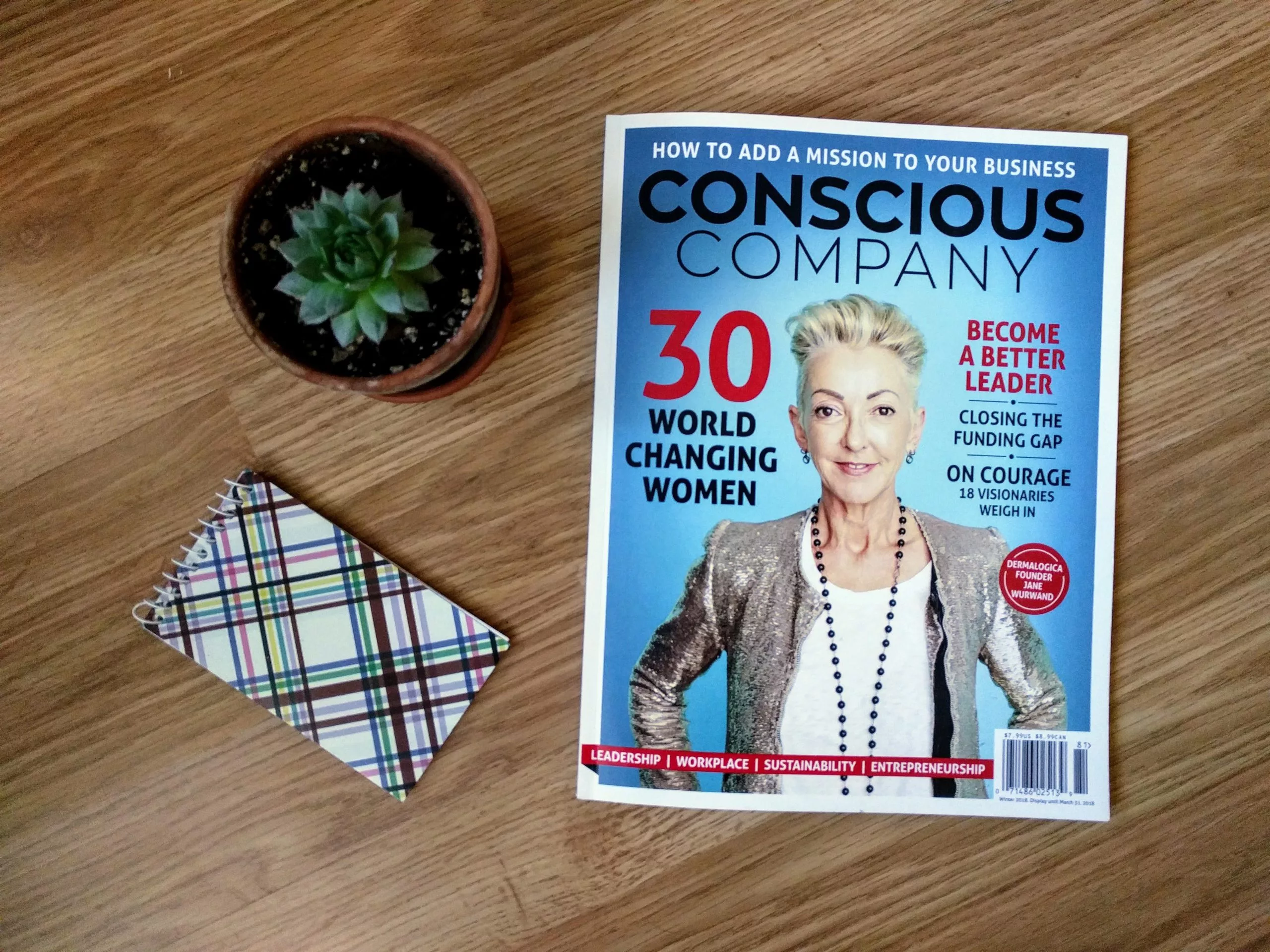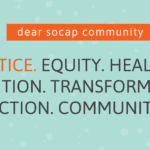We admit it: our Winter 2018 issue, on newsstands starting today, features a disproportionate number of women. This is not an accident. But don’t for a second think that this edition isn’t for men. As my colleague Aaron Kahlow recently put it, “We need more feminine leadership in the world, not just leaders who happen to be women.”
“We need more feminine leadership in the world, not just leaders who happen to be women.”
What does that mean, exactly? I’m usually wary of dividing the world into neat little categories as the terms “feminine” and “masculine” seem to do, yet over the last few months, as we’ve been working on this issue, I’ve been finding the concept of “feminine leadership” a useful shorthand nonetheless. The Oxford English Dictionary defines “feminine” as “having qualities or an appearance traditionally associated with women,” which I think gets us lots of the way to a concept I can stomach even while keeping in mind the huge diversity of human traits that transcend sex or gender. Under that framework, the characteristics of feminine leadership aren’t inherently female, necessarily; they’re just traditionally thought of that way — which means they’ve traditionally been absent from the world of business, a historically male and masculine endeavor.
Some of these key “feminine” characteristics include cooperation, vulnerability, and empathy; for a longer list, see Jennifer Armbrust’s “characteristics of a feminine economy” on page 49 (and online in soon). In my book, it’s not a coincidence that these principles are the same ones we mention again and again as key traits of conscious leaders and businesses. We usually define a conscious business as “one with a purpose beyond profit that’s committed to win-for-all solutions for all stakeholders” — in other words, a business committed to “feminine” traits like cooperation, empathy, awareness of impact, and thinking in wholes, not parts. Conscious leaders, meanwhile, balance their drive and vision with compassion, rest, authenticity, and vulnerability, among other traits. To me, there’s a strong case that the conscious business movement is, in many ways, working to welcome the power of feminine leadership into the business world, for the bene t of all beings.
Given that for the last several hundred years, at least, Western business culture has tended to dis- proportionately celebrate, elevate, and notice the accomplishments of men, we’ll hope you’ll forgive us for working to tip the balance back the other way in this issue. Hence, we present you with conversations with inspiring, powerful female leaders like journalist Marianne Schnall (page 55) and philanthropist and author Lynne Twist (page 64); motivational quotes on courage from a variety of female heroes (page 58), and our first-ever list of World-Changing Women in Conscious Business (page 26), to name a few.
We’ll be posting most of the articles here within the coming weeks; in the meantime, you can also subscribe to the print product (not too late to get this issue!), buy a copy of this print issue online or in a local store, or get instant digital access via the Zinio newsstand.
We hope you’ll find plenty in this issue to keep you inspired, hopeful, engaged, and moving forward towards a new relationship with business, work, and power — no matter how you identify.
Read on for more about what’s inside — and consider joining us in February at the World-Changing Women’s Summit.
Issue 17 — What’s Inside
Building the Business
Interview: How Nuun CEO Kevin Rutherford Helps Brands Find Purpose
The Secret to Engaged Employees
By Brian Sherwin
Is CircleUp The Most Equitable Way to Find Investors?
Special Section: Women in Power
World-Changing Women of Conscious Business: The List
Interview: This is What Happens in Feminist Business School
Meet Master Connector Marianne Schnall
On Courage: 18 Powerful Female Leaders Speak
Conscious Leadership
Interview: Lynne Twist’s Extraordinary Life
Activate Your Leadership Potential One Step at a Time
By Jessica Hartung
Diversity Helps All Leaders, Including White Men
With Michael Welp
Workplace Culture
4 Things Women Do to Undermine Diversity
By Moe Carrick
How Conscious is Your Parental Leave Policy?
By Nina Bernardin
Global Impact
A Quick Guide to Seed-Stage Impact Investing
By Jed Emerson, Lindsay Smalling, and Tim Freundlich





